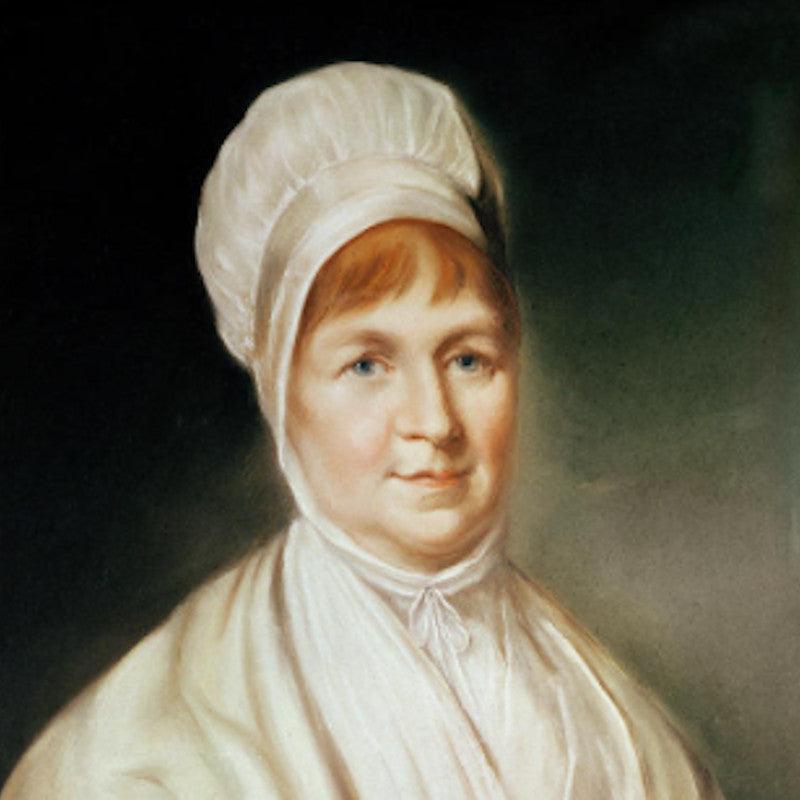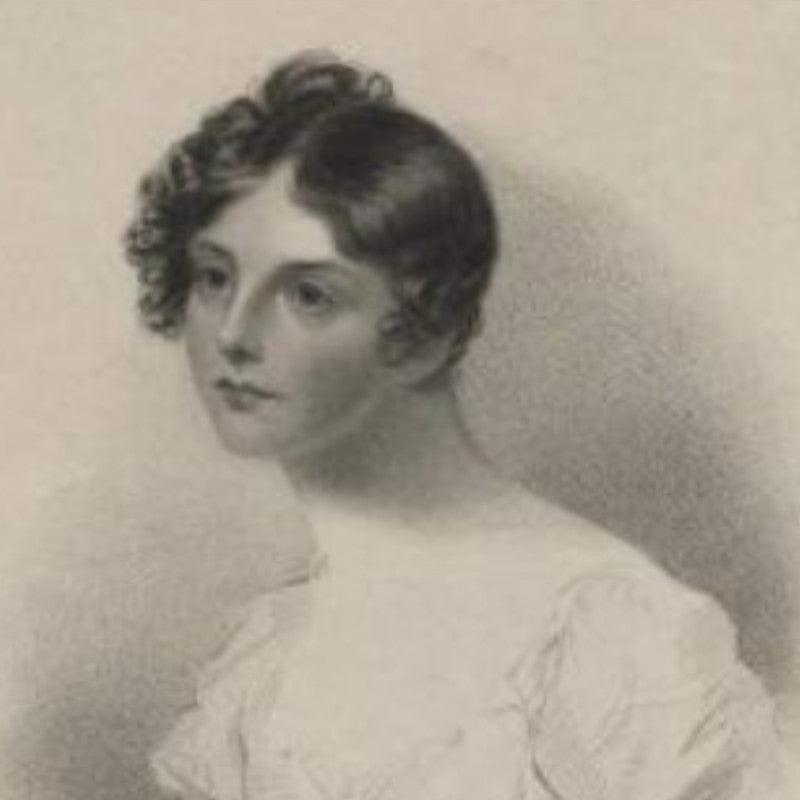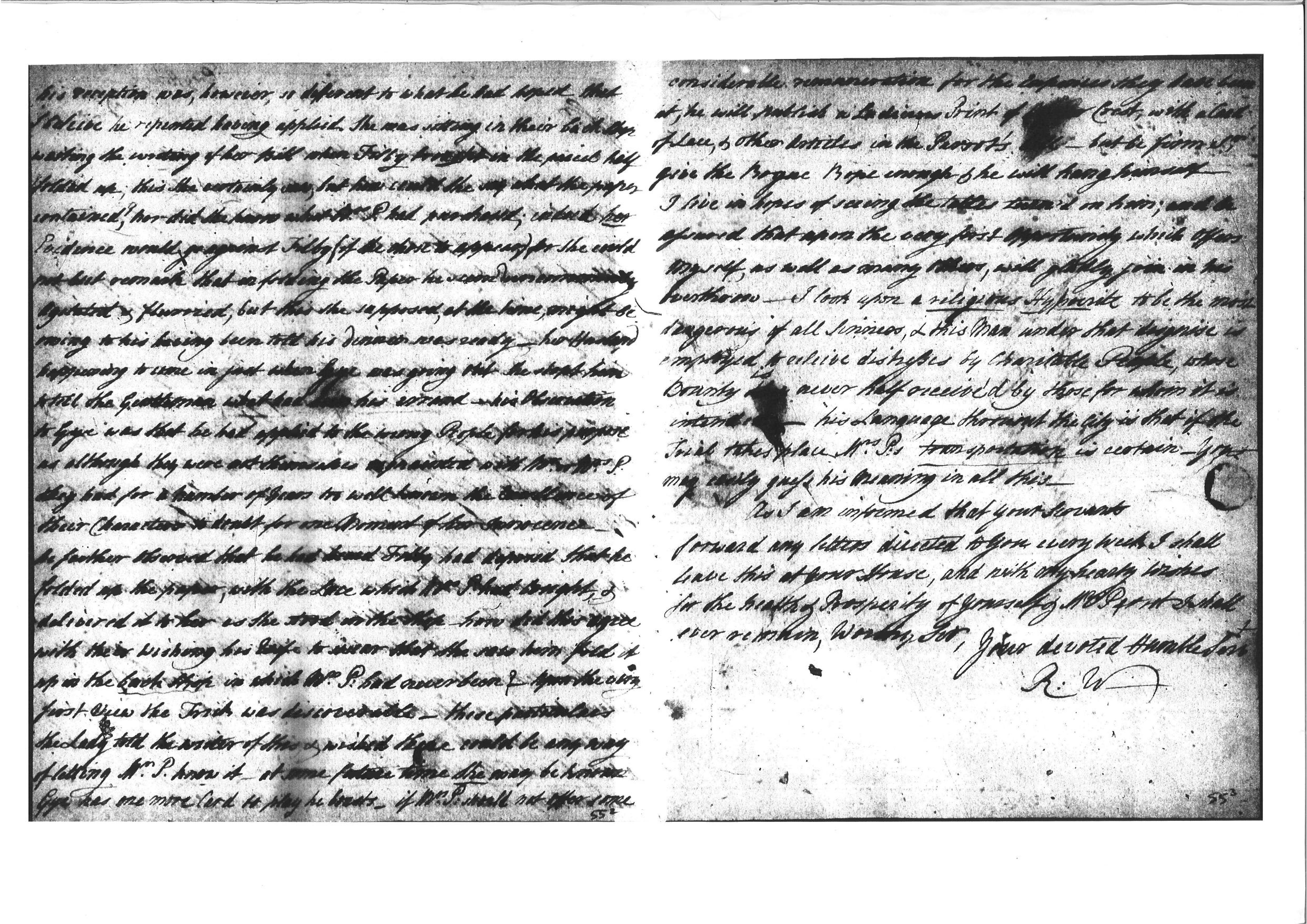
Elizabeth Fry: Social Reformer

As many of us look to celebrate International Women's Day today, we thought it fitting to go back and acquaint ourselves with Elizabeth Fry, the social reformer formerly depicted on the five pound note until just a few years back. Although it is a shame she is no longer commemorated by legal tender, the results of her social reform campaigning are still very much with us today and continue to shape our approaches.
Elizabeth was born into a prominent family of Quakers, known as the Gurneys, in 1780. The family had strong ties with the banking industry and her father, John Gurney, was a partner in Gurneys Bank. Fry was one of the eldest children in the family and as a result of her mother passing at a young age, became instrumental in the education of her younger siblings.
Elizabeth married John Fry, also from a Quaker family, who came from Bristol in 1800. In 1811, she was recorded as becoming a minister for the Religious Society of Friends, the title under which the Quakers formerly operated. You may or may not know that a building here in Bath, on York Street, was purchased by the Religious Society of Friends in 1866.
Elizabeth is best known for her work campaigning to improve the conditions and treatment of prison inmates. She was specifically interested in improving the safety of female inmates, seeking to protect them from sexual exploitation. This occurred frequently and through her tenacity in campaigning, managed to secure the implementation of the 1823 Gaols Act, which separated prisoners by sex.
Elizabeth worked hard to establish and eventually managed to fund a school for children imprisoned with their mothers. Although the advantages might seem obvious to us today, she argued for and promoted the idea of rehabilitation for prisoners, rather than harsh and severe punishment. This was eventually taken up by many authorities in London, as well as several further out.
In 1818, she gave evidence to the House of Commons on the conditions in British prisons, having visited Newgate Prison in 1813 and being horrified by what she saw. Elizabeth was the first woman to provide evidence in Parliament and attracted the attention of Queen Victoria before she was crowned monarch, reportedly donating funds to several of Elizabeth's initiatives.
Elizabeth passed away in 1845 and is commemorated by several memorials all over the country. One particularly striking example is a statue of her placed in the Old Bailey, honouring and making her role in improving the living conditions of prisoners even more visible.
Have you ever encountered Elizabeth Fry before, or maybe remember seeing her on the old five pound note? One of the lovely members of our team remembers completing a small research project on Elizabeth when she was in primary school, picking her name out of a long list because she thought it was 'pretty cool' to see her depicted on a bank note.
Enjoyed this article? If you don't want to miss a beat when it comes to Jane Austen, make sure you are signed up to the Jane Austen newsletter for exclusive updates and discounts from our Online Gift Shop.



1 comment
I am forever grateful to Elizabeth (Betsy) Fry, as are other Australian descendants of female convicts. My great-great grandmother was 2 years old when she accompanied her 19 yr old mother and 16 yr old aunt on the 1823 female convict ship, Mary 3, to New South Wales. She would also have been with them in Newgate gaol. Mrs Fry spent time on their ship comforting the distressed girls and giving spiritual and physical support, She advised Rev, Samuel Marsden on improving conditions at the Parramatta Female Factory in Sydney.
Ruth Mann (NSW, Australia)
Leave a comment
This site is protected by reCAPTCHA and the Google Privacy Policy and Terms of Service apply.